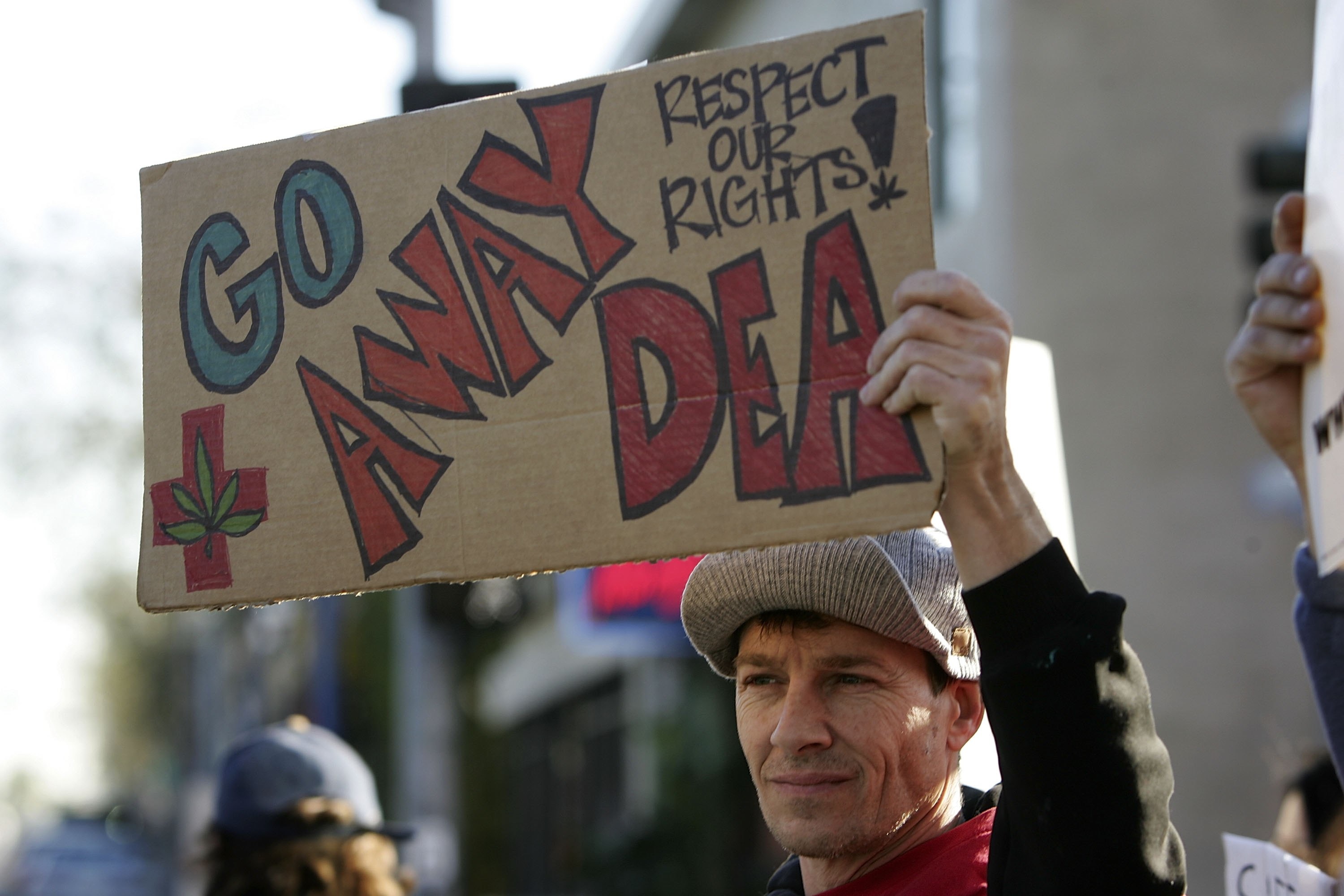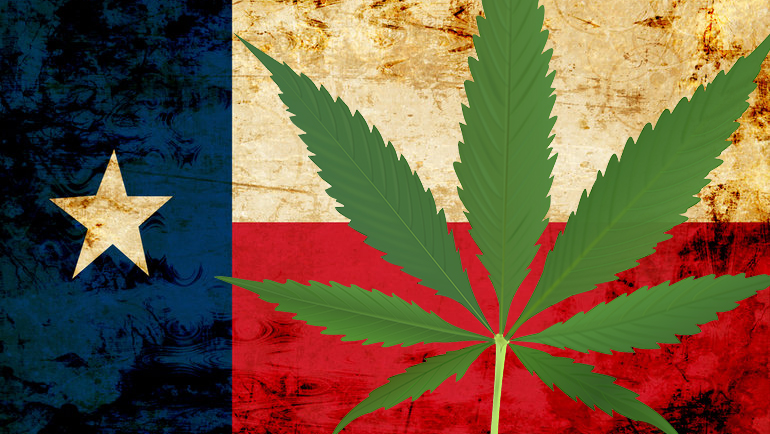medical marijuana
They cost about $11 and contain 60mg of THC, the main psychoactive component of marijuana, and 10mg of CBD.
With the approval of a childhood epilepsy medication the federal government can no longer claim marijuana has no medical benefit.
The first medicinal marijuana patient in Texas uses it to treat severe epilepsy. And although 10 companies are allowed to grow marijuana within Texas state borders, the substance itself is still illegal.
A Midwestern university has created a first-of-its-kind program in medicinal plant chemistry that focuses on marijuana.
PTSD develops after a person experiences, or is a witness to, a life-threatening or traumatic event — a natural disaster, for example — or is exposed to combat, or sexual […]
Studies have shown that cannabidiol (CBD) can help with epilepsy, heart disease, diabetes, and even schizophrenia.
60% of pain patients find that tolerance buildup significantly impedes their treatment over time.






